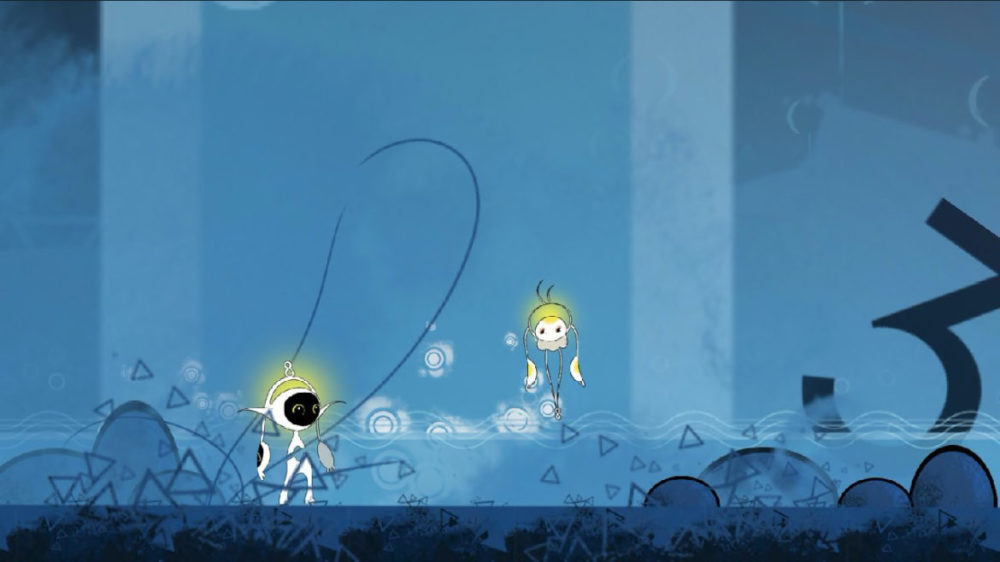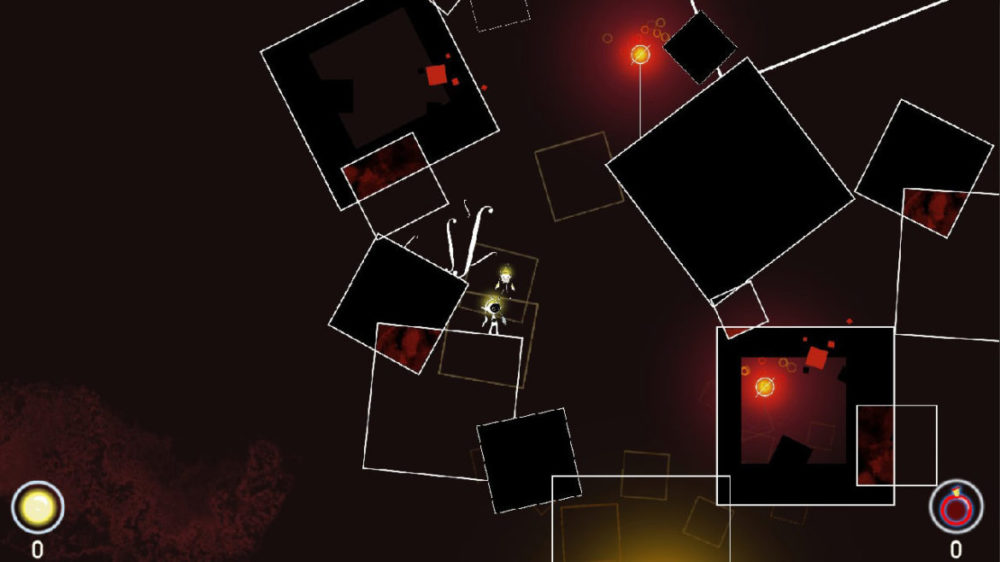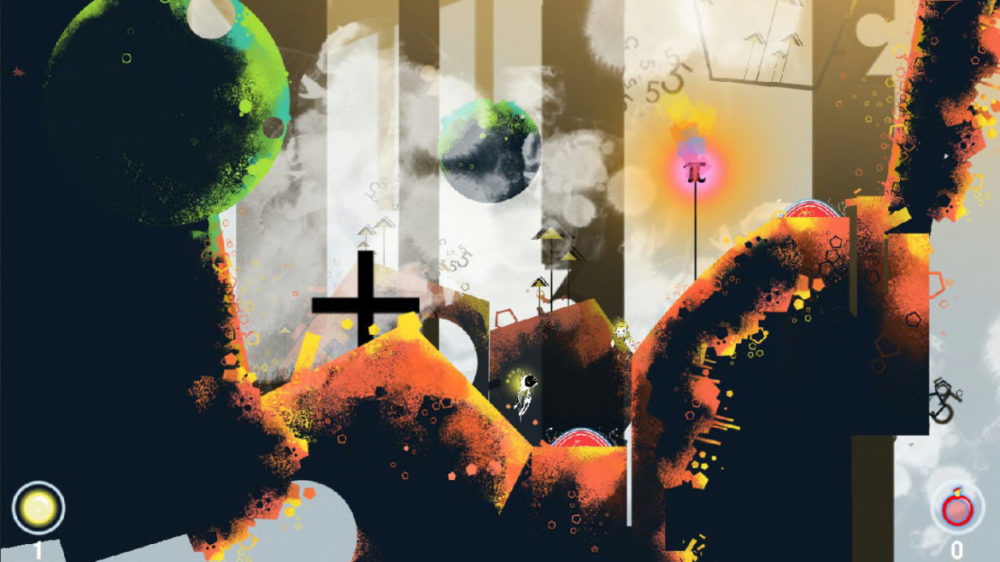TL;DR
Escape the retro platformer crowd with A Tale of Synapse: The Chaos Theories, a visually unique game where you guide Sci and Néro through mind-bending puzzles. Utilize Sci's flight and object manipulation, and even team up with a friend in co-op! While the stylized graphics and smooth performance on Switch impress, some puzzles might feel a touch too simple. Discover hidden paths by shifting dimensions and strategizing your moves. Is the blend of platforming and math enough to set it apart? Dive into our full review to find out!
While the market is saturated with retro-inspired platformers, A Tale of Synapse: The Chaos Theories distinguishes itself with its distinct aesthetic and visual presentation.

Players control Sci and Néro as they navigate various levels populated with characters and intricate puzzles. Success requires logical reasoning and a degree of mental calculation to overcome the challenges presented.
Néro is controlled with the primary input methods, while Sci, capable of flight, can access areas inaccessible to Néro. Cooperative gameplay is supported, allowing a second player to control Sci. This mechanic evokes memories of Wizball on the Atari 1040STE, where the cat character assisted the primary character in specific segments.

Sci can manipulate objects and place them strategically to activate mechanisms, such as opening doors, and progress to the next level. Furthermore, players can shift between different dimensions to uncover additional clues for solving puzzles.
A Tale of Synapse: The Chaos Theories features a stylized, yet simple, graphical presentation. The game performs consistently well on the Switch in both docked and portable configurations. Load times are minimal, making it suitable for short gameplay sessions.

A potential drawback is the reliance on relatively straightforward mental arithmetic in many of the puzzles, which may present insufficient challenge for some players. While the integration of mathematical concepts is commendable, its overuse can lead to repetition if not implemented with greater nuance, particularly outside of explicitly educational contexts.
In conclusion, A Tale of Synapse: The Chaos Theories offers a unique platforming experience with a distinctive visual style and generally engaging puzzles. However, the repetitive nature of certain elements can detract from the overall experience. Nevertheless, the game warrants consideration for its novel approach.

